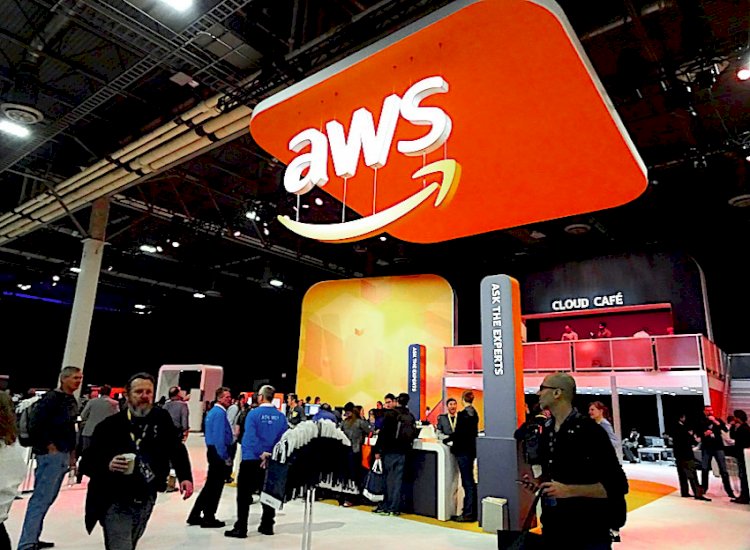Amazon launches the latest AWS initiative as part of a wider response to COVID-19 global technology
AWS announced on March 2020 the AWS Diagnostic Development Initiative, described as "a program to help customers seeking to bring new, more reliable diagnostic solutions to the market faster and to facilitate closer collaboration between organizations working on similar issues.

Amazon Web Services (AWS) has had a significant effect on enabling technology to evolve as the Internet and online services grow. They allowed modern cloud computing which in turn allowed such dramatic scale-up of services as Google, Facebook, Twitter and others. One reason why all of your favorite websites are still available while people clamor for COVID-19 details is because of the cloud.
AWS invests $20 million to speed up medical research, innovation and growth to improve our mutual awareness and identification of COVID-19 and other emerging medical approaches to prevent future outbreaks of infectious diseases.”
35 Global academic organizations, start-ups and companies are introducing a platform open to accredited research institutions and private entities. The ultimate aim is to better diagnose accurately (which is crucial in pandemic scenarios), promote more efficient diagnostic testing, and allow COVID-19 testing to draw on scalable computational resources that are the hallmark of AWS. Many of you who would like to know more will find out here.
AWS ' latest project would also put together a cavalcade of scientists, experts in health policy and business leaders to form a strategic advisory community. Steve Davis, a founder of the organization jumped in, "To counter this pandemic the world needs more and more investment from the private sector. Amazon's efforts and engagement are very welcome, particularly because the lack of substantial next-generation diagnostic tools in most health systems remains a major gap. A forum for linking science, digital capabilities and new products to global customers is an exciting venture.”
A cynic may see this and other announcements merely as an opportunity to tap into the latest wave of COVID-19 news to generate sales, but AWS is taking on an increasingly popular trajectory: businesses and organizations rolling their sleeves to help the cause.
Each day, the examples pour out. Microsoft had its Coronavirus tracker released. Google's launched a website for screening. John Hopkins University developed a map to track data from COVID-19. To help the army of young people operating from home, Zoom has lifted its video limitations. There are plenty of examples of businesses adjusting to help the crisis.
Where Amazon's announcement is particularly interesting is that AWS has made it possible for other open source projects to thrive by providing groups with usable resources to collaborate around growing projects. Projects such as Kubernetes, TensorFlow, and Prometheus have become immensely common in the infrastructure environment because communities can bring together powerful open source infrastructure software. A lot of that is deployed on AWS.
Likewise, the torch was taken up by open source developers to assist with COVID-19.
The John Hopkins COVID-19 map and data I mentioned earlier are in GitHub. Nextstrain provides real-time tracking of pathogen evolution used to work out a disease's family history which in turn can provide insight into future behavior. CHIME is enabling hospitals to enter information about their facility and population and then modify assumptions around COVID-19's spread and behavior. PrivateKit and SafePaths from MIT are projects to enable secure and private sharing of individual information that can support the containment of infections.
The map and data of John Hopkins COVID-19, which, are in GitHub. Nextstrain provides real-time analysis of pathogen evolution used to educate the family history of a disease, which may in effect provide insight into future behaviour. CHIME helps hospitals to enter details about their facilities and population, and then alter assumptions about the distribution and actions of COVID-19. MIT's PrivateKit and SafePaths are programs that allow for the safe and private exchange of individual information that can help infection containment.




























